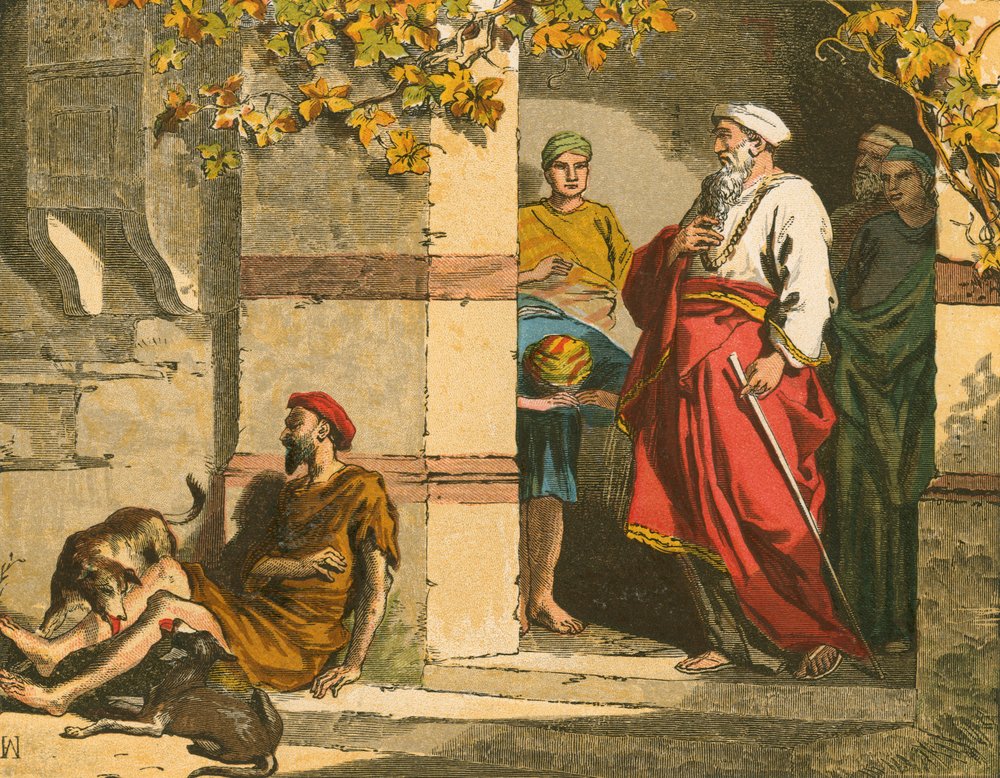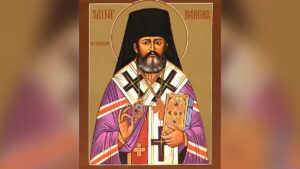Like all our Lord’s parables, these simple stories were not only easily understood and memorable to all age groups, but instructive on multiple levels as well.
On the most basic level, this parable teaches us about compassion and mercy; caring for those who are in need; those less fortunate than ourselves. This, itself, should inspire both, thanksgiving to God for His blessings, as well as enhancing our ministry to help alleviate hunger, pain, and suffering in the world.
Going deeper below the surface, we find that this parable also addresses theological issues concerning life and death, Heaven and Hell, conviction verses complacency, and the Last Judgment. It also overturned a longstanding Jewish belief that if you were rich and well off, God loved you; and if you were poor or suffered afflictions, He did not.
In addition, the parable of the Rich Man and Lazarus teaches that Heaven and Hell are both very real, literal places. They are not just imaginary polar concepts. Heaven and Hell do exist as places; one with, and the other without God.
Sadly, clergy today spend more time talking about Heaven, and shy away from mentioning Hell; preaching a concept called “Universalism,” in which every soul automatically goes to Heaven, regardless. Yet, if this were so, why did Christ preach so vehemently about Hell, as did Paul, Peter, John, and Jude. Also, the Scriptures are quite clear that every person who has ever lived will spend eternity either in Heaven or Hell; a manifestation depicted by what happened to the Rich Man and Lazarus after death.
Delving even deeper, this parable reveals that there are no second chances after death. Once we cross over the eternal horizon, that’s it. The Rich Man cannot escape the suffering, agony, and torments of his now eternal existence. He knew he was in Hell, and he knew why: it was because of his selfish, indulgent lifestyle and his callous indifference toward others. This is why he did not plead to be released, but rather asked to be comforted in his plight, and to have his brothers warned against such a grievous punishment.
However, at the very core of this parable is also an important truth about suffering itself. Lazarus suffered and endured pain and anguish throughout his life. This means that God’s children, His Own chosen, are not immune to suffering. Suffering is one of the many tragic, inescapable consequences of living in a sinful and fallen world. God certainly does not enjoy seeing us suffer, but it isn’t His fault. By divine love, He gave us free will. Thus, by man’s own doing, we have taken God’s perfect Creation and created our own Hell on earth through sinful activity and disobedience.
Therefore, this parable serves not only as a teaching tool, but also as a stern warning: The choices we make in life do have consequences!






